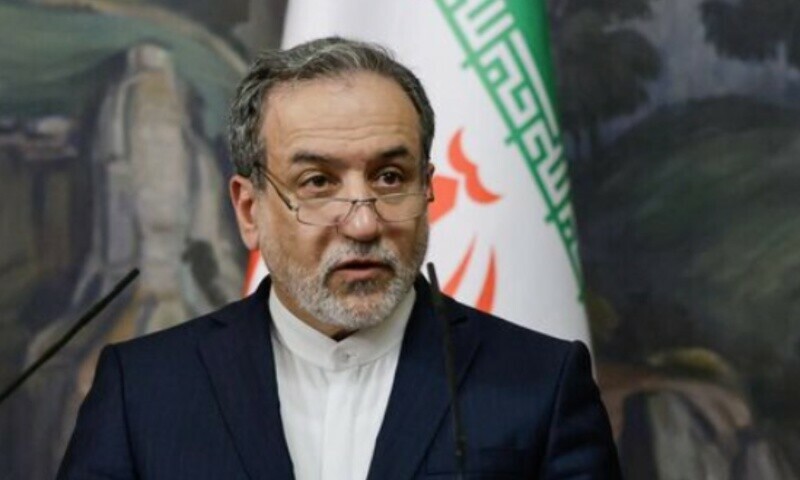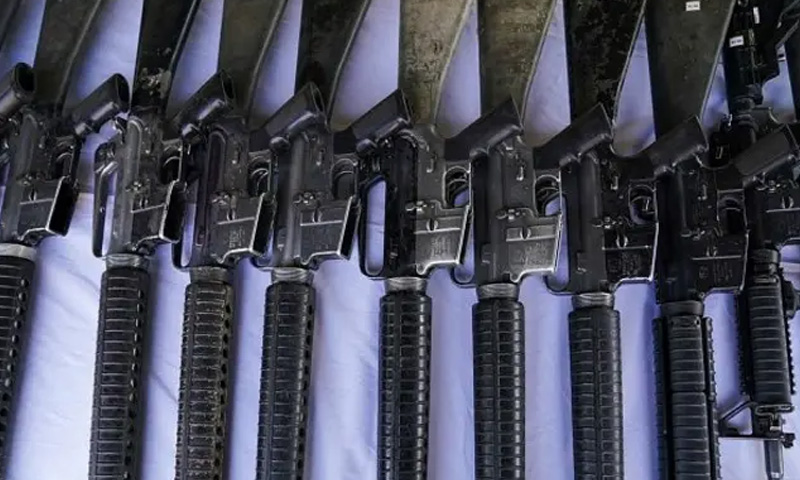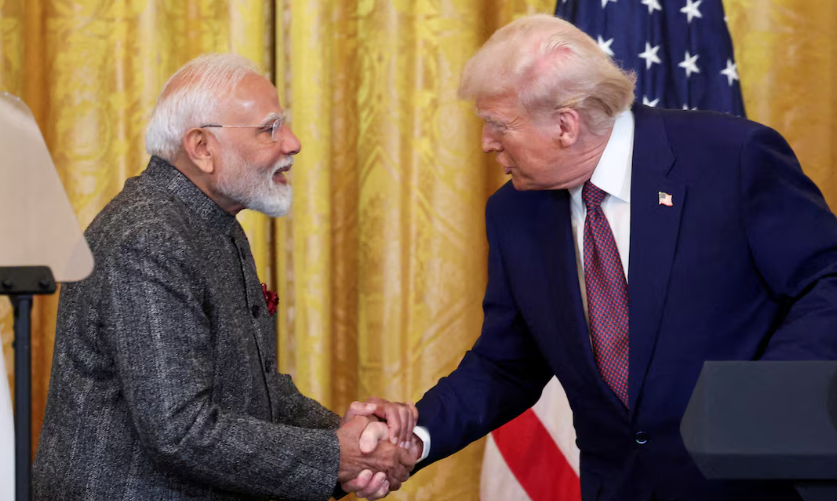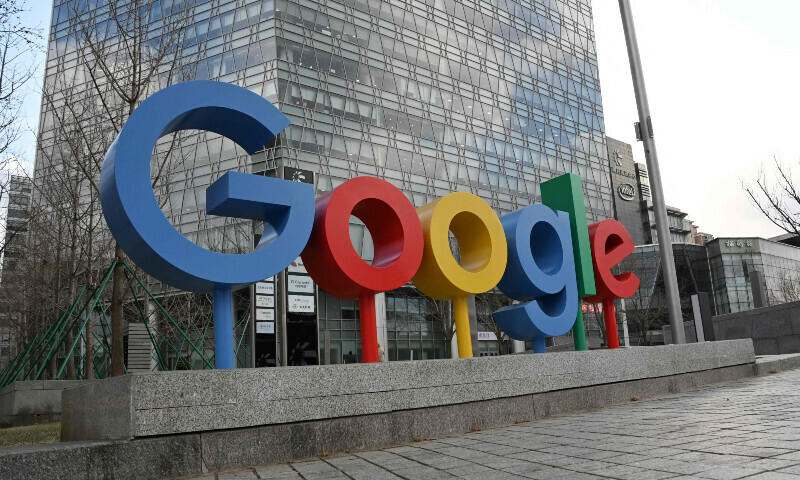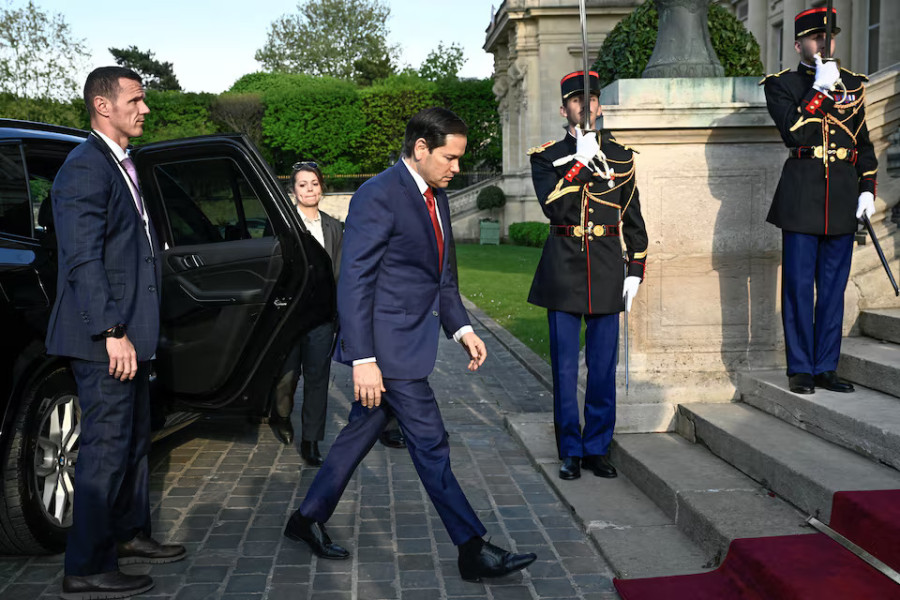WORLD NEWS
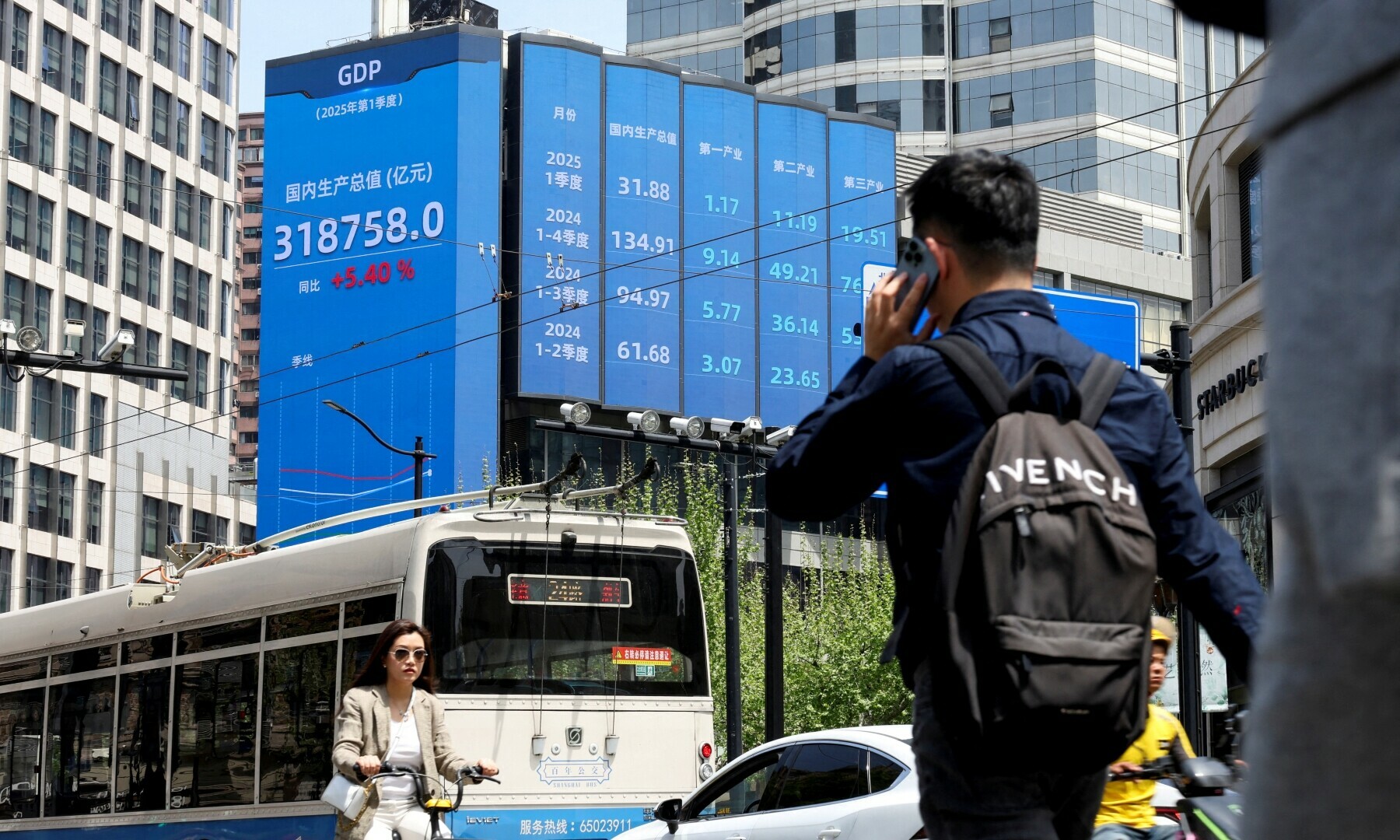
The United States has announced a tariff of up to 245% on Chinese imports following Beijing’s retaliatory trade measures. The move, confirmed by the White House late Tuesday, comes amid a broader effort to secure national resources and strategic technologies, including rare earth elements and critical minerals.
The statement, issued as part of a national security probe into resource imports, accused China of using trade as a weapon — pointing specifically to its ban on exporting gallium, germanium, antimony, and six heavy rare earth metals crucial to the global tech and defense industries.
The White House blamed China for triggering this round of economic warfare, stating,
“China now faces up to a 245% tariff on imports to the U.S. as a result of its retaliatory actions.”
President Trump’s administration, invoking his "America First" trade policy, noted that while other countries have been granted temporary tariff reprieves amid ongoing negotiations, China was singled out for its hardline stance and aggressive countermeasures.
The trade war escalated earlier this month when China hiked tariffs on U.S. goods to 125%, prompting the U.S. to impose its own 145% levies, with an additional 100% hike looming. The U.S. has exempted certain tech products, like smartphones and laptops, from the latest levies — but the pressure remains on sectors ranging from semiconductors to automotive and defense components.
China reacted sharply to the new tariffs.
“Stop threatening and blackmailing,” said Foreign Ministry spokesperson Lin Jian, warning that "China does not want to fight, but it is not afraid to fight."
Meanwhile, Chinese GDP data showed a stronger-than-expected 5.4% growth in Q1, driven by a rush to ship goods before new tariffs take effect. However, analysts warn that second-quarter performance could take a hit as global firms diversify away from China to avoid U.S. penalties.
🔄 China Appoints New Trade Negotiator Amid Crisis
In a surprise reshuffle, China replaced veteran trade negotiator Wang Shouwen with Li Chenggang, its envoy to the World Trade Organization. The change signals a potential shift in tone or strategy as tensions mount.
Li, a seasoned technocrat with degrees from Peking University and Hamburg University, is known for his legal and treaty expertise — key traits that may help navigate the increasingly complex trade battlefield.
“The reshuffle appears abrupt, perhaps signaling Beijing’s urgency to reset the stalled dialogue,” said Alfredo Montufar-Helu of the Conference Board’s China Centre.
Wang, regarded as a tough and experienced negotiator, had reportedly clashed with U.S. officials during past negotiations. His sudden removal in the middle of President Xi Jinping’s Southeast Asia tour has raised questions about Beijing's strategy and internal alignment.
The trade war's consequences are already rippling across global markets. Nvidia, which just announced a $5.5 billion hit due to new U.S. chip export rules to China, has triggered a sharp selloff in semiconductor stocks across Asia.
In the midst of this chaos, automaker Honda announced it would shift part of its hybrid car production from Japan to the U.S. — a decision tied more to long-term strategy than immediate trade frictions, the company said.
As trade delegations from Japan and South Korea prepare to meet U.S. officials in Washington this week, the global stakes remain high. Economists warn that unchecked escalation could push the global economy toward a recession.
“The ball is in China’s court,” said a statement from President Trump. “China needs to make a deal with us. We don’t have to make a deal with them.”
